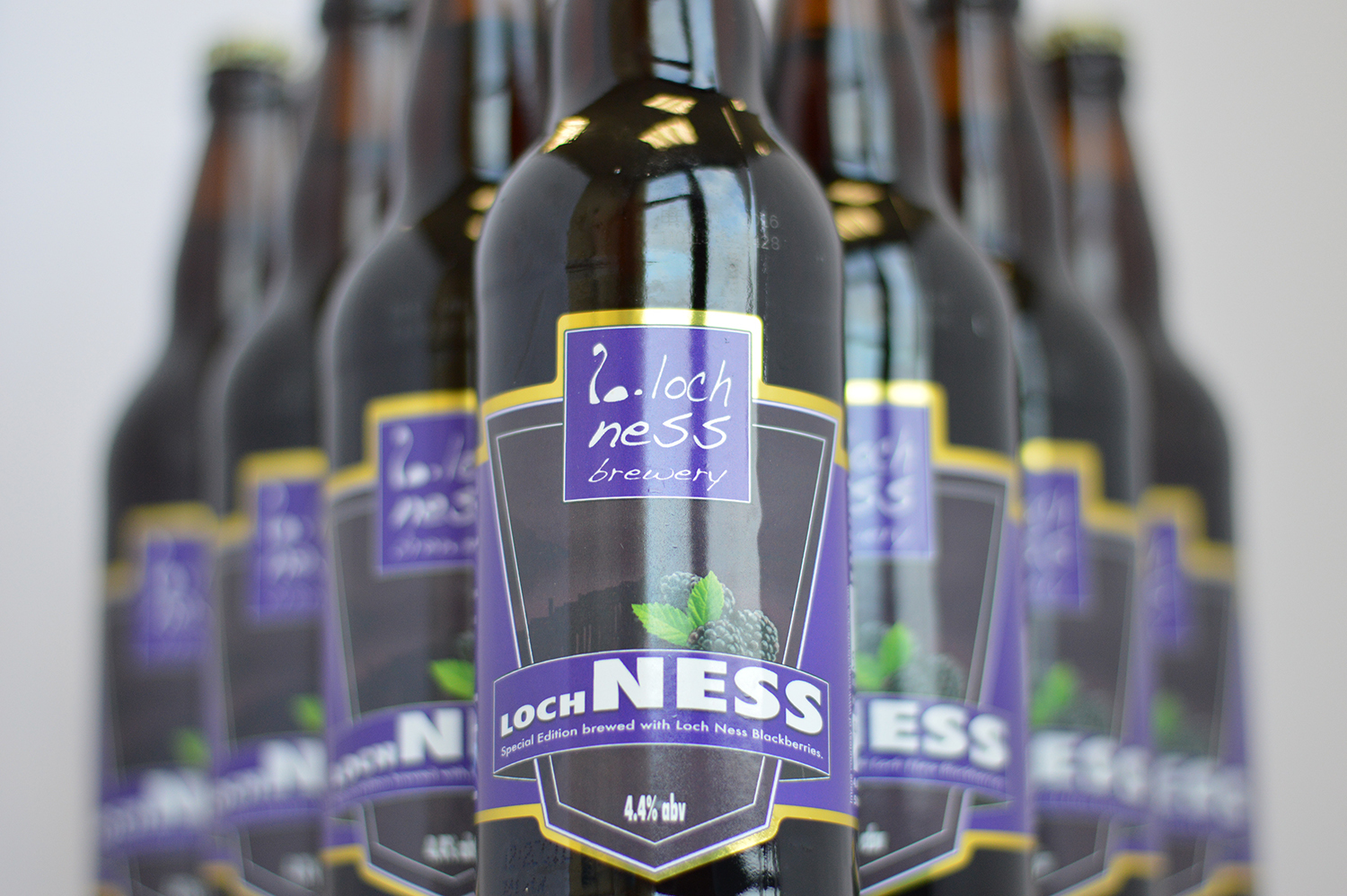A Highland brewery, a team of scientists and a Fife berry farmer have decided to rise above the urge to bicker about brand names and collaborated to make a new blackberry beer instead.
The James Hutton Institute (JHI) filed a trademark application to call one of the blackberry varieties it breeds “Loch Ness”, but the Loch Ness Brewery raised an objection as it had been using the name for its beer products.
The institute then picked up the phone and explained that the name would be limited only to blackberries, not beer products.
With the hatchet swiftly buried, the conversation quickly turned to the subject of joining forces to drum up profits.
The two parties realised the best way forward was to seize on the growing market for independently brewed craft beers and fruited brews in Scotland and beyond.
Enter Fife berry farmer Robert Simpson, who managed to harvest enough Loch Ness blackberries late in the season to make a viable batch of beer.
The result is Berry LochNESS, a softer, fruitier version of the brewery’s original LochNESS beer, which is a traditional Scottish 80/- with a “big biscuit and chocolate flavour”.
Jonathan Snape, managing director of the institute’s commercial operation, James Hutton, said: “It’s great to be able to create a product that teams many aspects of Scotland’s resources to make something new and of top quality: Great fruit, bred and grown in Scotland, our pure, abundant water and our home-grown barley and brewing expertise”.
Stephen Crossland of Loch Ness Brewery said: “We welcome the opportunity to develop new, niche brews for a market that is growing and evolving and think this latest recipe is one that will help win our beer new fans”.
The brewery, which is based at the Benleva Hotel in the village of Drumnadrochit, on the western shore of Loch Ness, makes six regular varieties of beer, including RedNESS, DarkNESS and HappyNESS, as well as a host of specials and festive brews.
It recently joined Craft Beer Clan of Scotland, an initiative aimed at increasing worldwide sales of Scottish beer.
The special edition berry beverage is currently available at specialist beer shops.
Any cash raised from the new venture will be a welcome boost for JHI.
The institute, which has offices and laboratories in Aberdeen and Dundee, made 60 staff redundant at the end of last year in an attempt to slash its wages bill by £2.5million.
It suffered a £1.2million deficit last year, up from a £500,000 shortfall in 2013, and blamed its losses on a “substantial decrease” in its funding from the Scottish Government.
